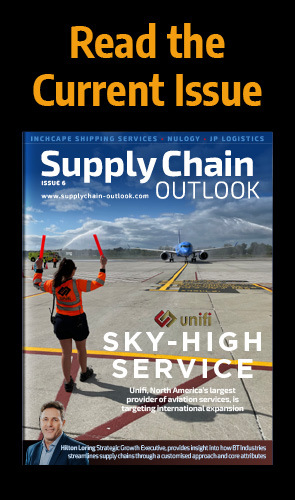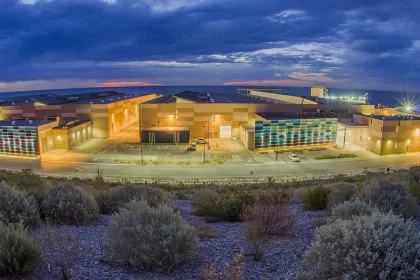Following a recent spike in popularity and a crisis within its supply chain due to exceptional consumer demand, fans of the world-renowned stout, Guinness, have recently encountered a heartbreaking shortage of the famous beverage. We explore the reasons for this disaster and how to prevent similar challenges in the future.
THE GUINNESS SHORTAGE
Across the world, loyal fans and avid drinkers of Guinness, the iconic Irish stout beverage, have been left shocked and appalled as the historic brand has experienced unprecedented shortages across its global supply chains.
A disastrous start to the new year for the company has left many pubs, distributors, and most importantly customers reeling from the effects of what is being referred to as the ‘great Guinness shortage’.
A national shortage across the UK was first reported in December amid the unexpected skyrocketing popularity of the stout, with one in every 10 pints pulled in the capital a Guinness.
Whether this upsetting scarcity has been driven by the younger generation’s obsession with the recent viral internet trend of ‘splitting the G’, or is simply the result of production and distribution miscalculations during the peak Christmas period, one thing has become crystal clear – businesses everywhere must see this as a pertinent warning and rethink how they balance their supply and demand processes.
In the annals of beverage history, few have attained the iconic status, cultural influence, and global resonance of Guinness.
From its humble origins in Dublin’s St. James’s Gate Brewery to its historic place in literature and even royal visits, Guinness is more than just a tasty stout.
This majestic product weaves a tapestry of stories that have transcended time as it continues to be savoured worldwide, with every pint poured adding to its rich and frothy history.

DEPENDING ON DATA
Across a multitude of industries, supply chain disruptions such as the recent Guinness shortage are becoming more regular.
This can be attributed to many factors such as unpredictable consumer trends, global crises, or logistical challenges, meaning businesses must increasingly make special efforts to remain competitive and meet customer expectations whilst adopting smarter, more agile solutions.
Undoubtedly, the building blocks of any successful supply chain is the power of data, a tool which has reached the forefront of the working machinery of supply chains, allowing all forms of business to make informed decisions, maximise efficiency, and react swiftly to fluctuations in consumer needs.
Without such real-time data, companies are effectively rendered blind and therefore unable to adapt effectively to changing circumstances or anticipate problems before they arise.
This is where the phenomenon of event-driven architecture (EDA) comes into play.
An innovative process that enables businesses to access, use, and act on data in real time, EDA ensures the correct information reaches the right applications at a specifically planned moment.
Unlike traditional batch processing systems which have previously relied on overnight data uploads, EDA leverages a continuous flow of insights, allowing businesses to respond to events immediately as they happen.
This game-changing capability has become crucial in today’s fast-paced, ever-changing markets – with a real-time, event-driven supply chain, companies can monitor production, distribution, and sales data in all regions in real time, adjusting manufacturing and logistics in order to counteract any adversity encountered within the supply chain.

LEARNING FROM ADVERSITY
The Guinness shortage may seem like just a drop in the ocean in terms of the vast global supply chain landscape, but it has been flagged as a reoccurring symptom of a much larger problem impacting organisations across all industries.
As consumer expectations continue to rise and the world becomes a more interconnected place, businesses that repeatedly fail to modernise their supply chains will risk losing a vital competitive edge.
By becoming more event-driven, companies now possess the ability to transform their supply chains into agile, responsive, and efficient working systems.
The lessons from incidents such as the great Guinness shortage are clear – businesses must prioritise data-driven decision-making, invest in real-time capabilities, and ensure they are prepared for whatever challenges the future may hold.
Ultimately, for those who love a pint of the black stuff, the hope is these fresh changes and innovative solutions are introduced sooner rather than later.























